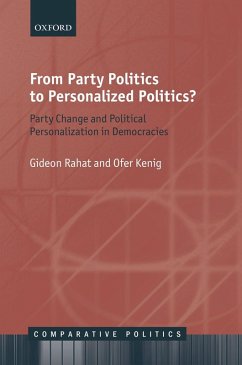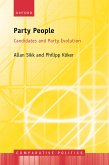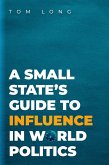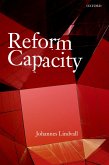What do Beppe Grillo, Silvio Berlusconi, Emmanuel Macron (and also Donald Trump) have in common? They are prime examples of the personalization of politics and the decline of political parties. This volume systematically examines these two prominent developments in contemporary democratic politics and the relationship between them. It presents a cross-national comparative comparison that covers around 50 years in 26 democracies through the use of more than 20 indicators. It offers the most comprehensive comparative cross-national estimation of the variance in the levels and patterns of party change and political personalization among countries to date, using existing works as well injecting fresh cross-national comparative data. In the case of party change, it offers an analysis that extends beyond the dichotomous debate of party decline versus party adaptation. In the matter of political personalization, the emphasis on variance helps in bridging between the high theoretical expectations and disappointing empirical findings. As for the theoretically sound linkage between the two phenomena, not only is this the first study to comprise a comprehensive cross-national examination, but it also proposes a more nuanced understanding of this relationship. Comparative Politics is a series for researchers, teachers, and students of political science that deals with contemporary government and politics. Global in scope, books in the series are characterised by a stress on comparative analysis and strong methodological rigour. The series is published in association with the European Consortium for Political Research. For more information visit: www.ecprnet.eu. The series is edited by Emilie van Haute, Professor of Political Science, Universit? libre de Bruxelles; Ferdinand M?ller-Rommel, Director of the Center for the Study of Democracy, Leuphana University; and Susan Scarrow, John and Rebecca Moores Professor of Political Science, University of Houston.
Dieser Download kann aus rechtlichen Gründen nur mit Rechnungsadresse in A, B, BG, CY, CZ, D, DK, EW, E, FIN, F, GR, HR, H, IRL, I, LT, L, LR, M, NL, PL, P, R, S, SLO, SK ausgeliefert werden.









